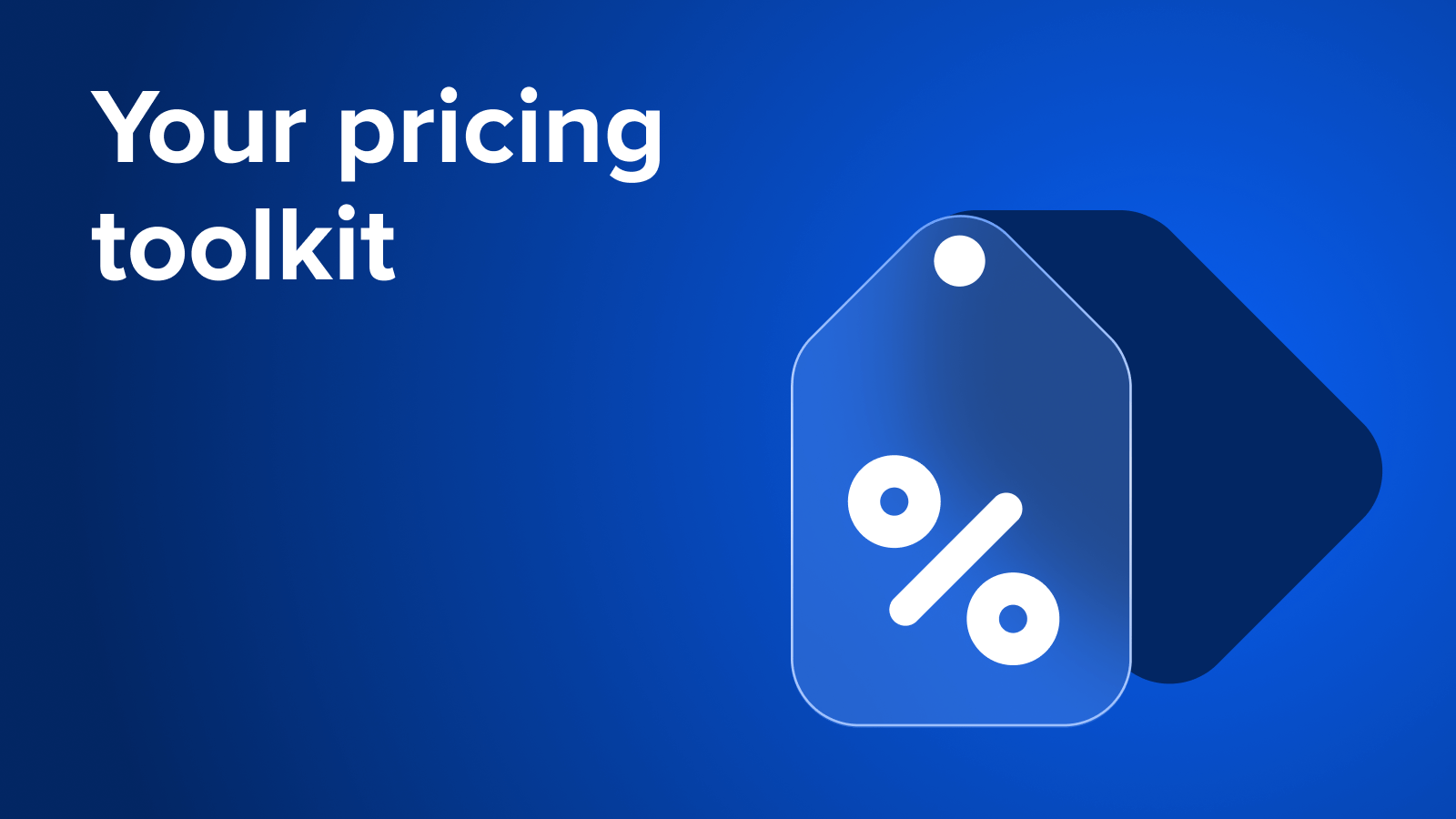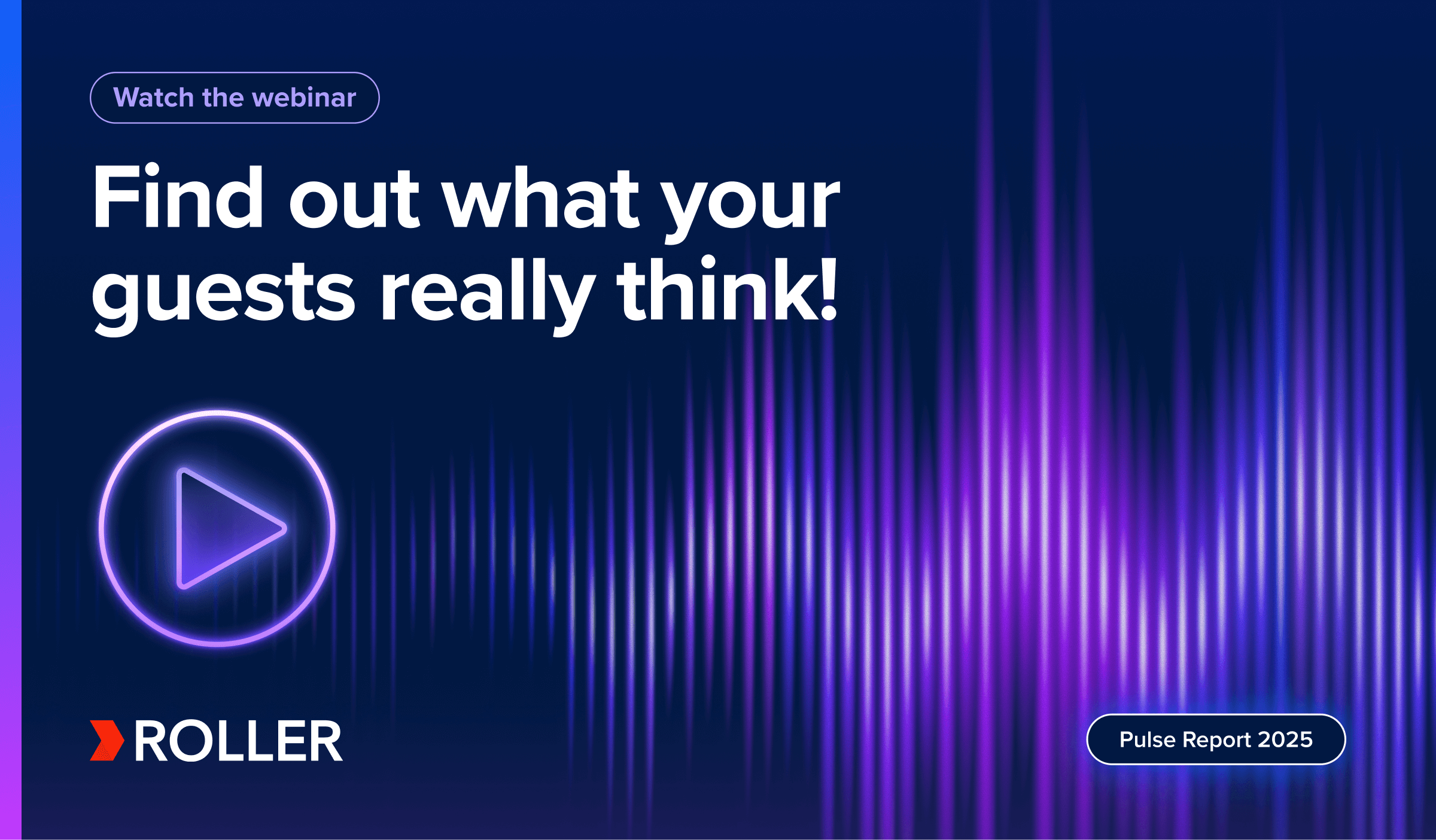Everything Attraction Venue Operators Need to Know about Visitor Management

Attracting customers and convincing them to purchase tickets to your venue or buy a treat from your food and beverage program is a given when it comes to operating a successful business. But in a competitive landscape, simply advancing to the point of sale will only get you so far. Your customers’ experience with your business must be a rewarding one from start to finish, and a modern, robust approach to visitor management is critical to delighting your customers and earning repeat business.
What is visitor management?
Visitor management is the approach a business takes in tracking and managing the guests who visit a specific location, be it a retail store, school, post office, concert hall, adventure park, or more. In essence, visitor management should ensure guests come and go safely and smoothly and allow business owners to track who has visited, when, and what capacity levels are achieved.
Understanding key elements of visitor management
Checking-in
Whether you keep track of visitors with a manual process, including sign-in sheets or punch cards, or utilize digital tools like self-service kiosks or tickets that can be scanned and tracked, visitor management starts with having a tool and process or allowing visitors to check in upon arrival.
Proof of identification & purchase
Depending on the type of business, you may require that your visitors display proof of identification or purchase upon arrival. This could be requiring guests to display or scan a photo ID, scanning a pre-purchased ticket, or providing some element that confirms they are supposed to be at your venue at a pre-arranged time.
Data storage & analytics
Implementing tools and processes to capture this important data is essential to visitor management, as there is no point in asking for proof of identification if you are not keeping track of that information or using it to inform your business operations. Traditional data storage methods can include physical logbooks or receipt rolls. At the same time, modern visitor management tools can integrate your visitor data into your other business tools to inform comprehensive reporting and analytics.
Operator & guest communication
An often overlooked element of comprehensive visitor management is the ability for both owners and visitors to receive timely updates. Manual processes for these updates could be having a staff member place a phone call to a restaurant guest 30 minutes ahead of their reservation as a courtesy reminder or, conversely, having a receptionist call a financial services professional to inform them that a client has arrived for an appointment.
With modern visitor management solutions, a guest to a movie theater may receive notifications from a mobile app or via a text message informing them that their screening is about to begin, or an operator of a theme park may receive instantaneous alerts when a guest checks-in via a self-service kiosk.
Additional safety, security, and compliance
Regardless of the tools or processes you have in place, safety and security must be prioritized for any visitor management system. From how your guests check in to the security of your data and compliance with local regulations, safety, security, and compliance must be ensured at all times to protect your customers’ data, ensure accurate business records, protect your business from running afoul of local laws and, ultimately, earning the trust of those who choose to do business with you.
Examples of visitor management systems
Theme park
Theme parks offer a variety of attractions and often also provide food and beverage options for guests and merchandise for sale. With a large venue that accommodates significant crowds who have free movement across your property, a modern visitor management system can help you make informed business decisions, manage park capacity, allow a smooth check-in process, process waivers efficiently, and ensure guests have a seamless experience.
Restaurant
Although a restaurant might not require as complex record-keeping and visitor data collection as a hotel, they still benefit immensely from modern visitor management systems. Easily manage reservations and the check-in process with a simple, digital visitor management system and delight guests with timely communication sent directly to their phone via text message to provide updates and reminders about their upcoming reservations.
Visitor management best practices
Clear policies
Once you’ve identified the visitor management strategy that will best suit your business, it’s clear that you make all policies and procedures crystal clear. That means making sure your staff is trained and understands how to adhere to your policies and procedures, as well as making sure all visitors have a clear understanding of what is required of them to ensure there are no delays or miscommunication when it comes time to visit your business.
Regular training
With your policies and procedures in place, it’s time to train your employees on the finer details of your visitor management solution. Training should take place at regular intervals for all new hires. Importantly, it’s key that your staff not only understands your visitor management system and what is expected of them as employees but also understands its importance to your business and how it can improve the guest experience.
Data privacy
As discussed, ensuring data privacy is non-negotiable regarding visitor management. Don’t let your concern on this critical topic end once you’ve implemented a visitor management system at your business–ensure that you regularly check to ensure your data privacy and security are working efficiently and are in compliance with local regulations.
Maintenance, audits, and improvement
Aside from ensuring your data privacy practices are working properly, one best practice for visitor management is to audit your solution and allow for any necessary maintenance regularly. Visitor management is crucial to your business and is a key element of your guests’ experience at your business. It’s important to ensure things are working smoothly at all times and to ask your employees and guests who interact with the system to provide real-time feedback on their experience to inform future decisions.
What this means for venue owners
Now that you better understand what a visitor management system is and how it can apply to various businesses, you can review your own visitor management practices and ensure you find a solution that is right for your business. With the right solution, you can not only enhance security and collect important data to drive better business decisions but also create a simple, smooth, and welcoming experience for your guests that will enhance their overall experience, drive brand loyalty, and promote repeat business.
Read this next: How to Choose A Visitor Management System
Related articles


What Every Venue Needs to Know About Birthday Parties (from a Parent and a Pro)

2025 Pulse Report Webinar: Operators Unpack the Guest Insights
Enhance your guest experience
Get free education, tips and inspiration to help you run a successful venue.